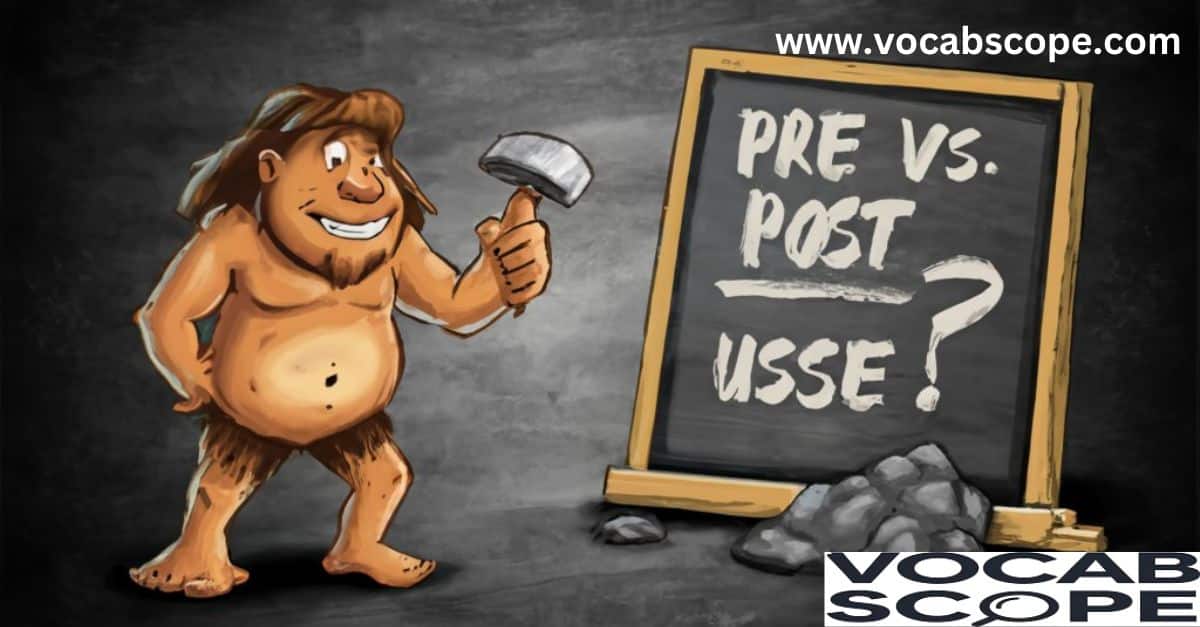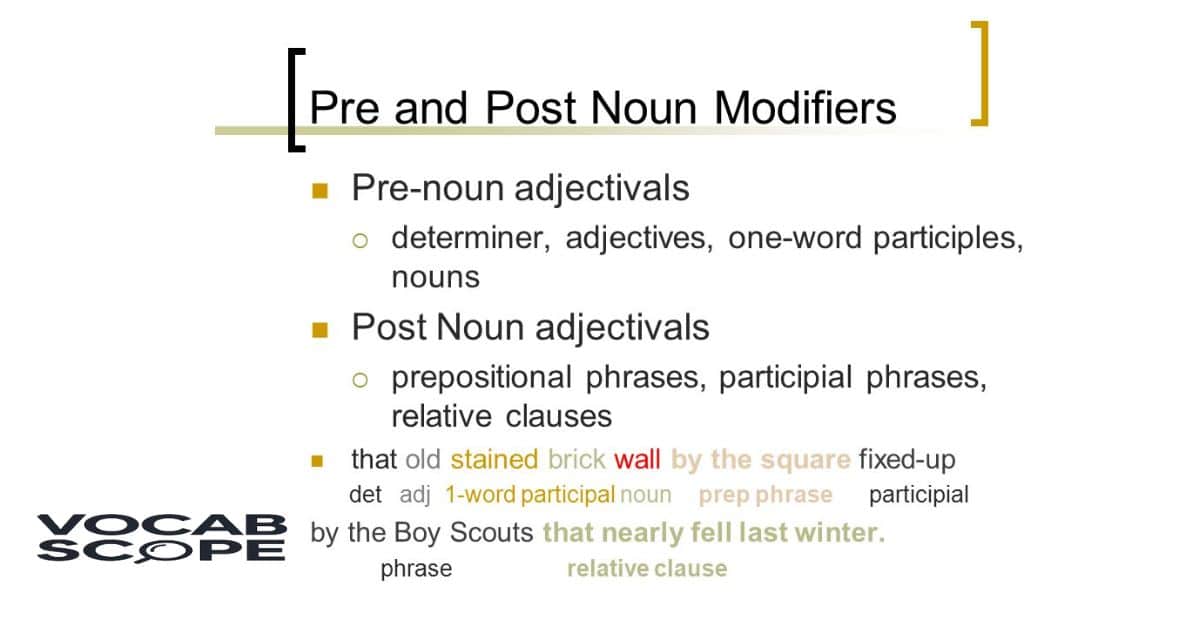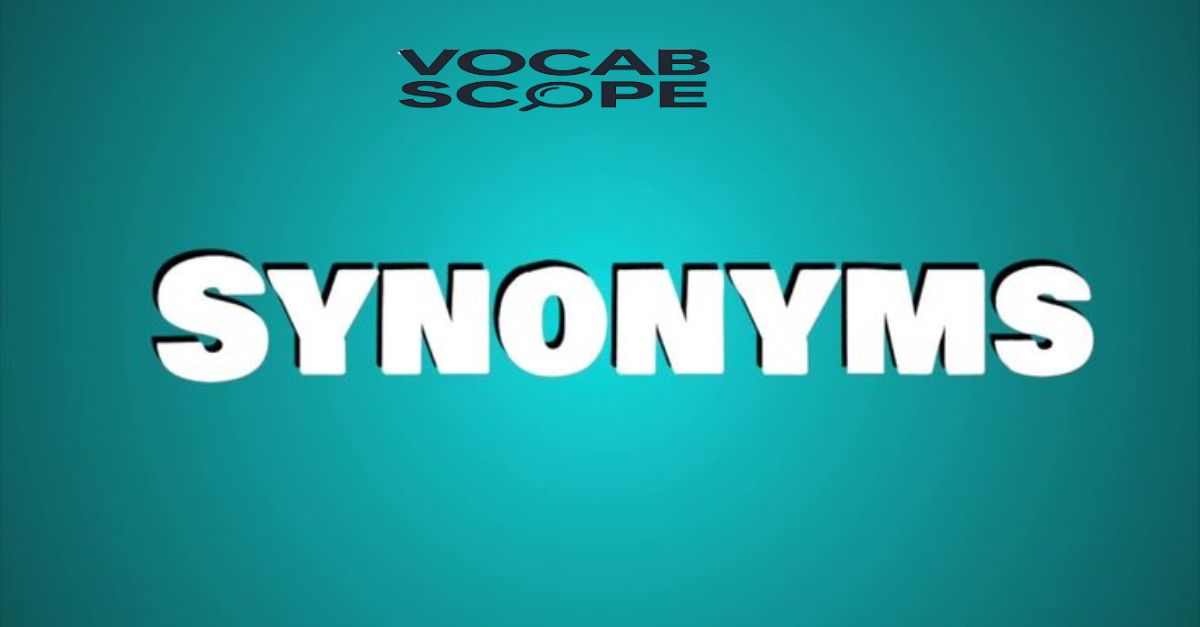When it comes to prefixes, “pre” vs “post” are often used to indicate timing. “Pre” means before, while “post” means after. Choosing the right prefix can change the meaning of a word.
Understanding the difference between “pre” vs “post” is crucial for precise communication. These prefixes determine the timing of events or actions. Their correct use enhances clarity in both writing and speaking.
In this article, we’ll explore “pre” and “post” in detail. We’ll discuss when to use each prefix and why it matters. Get ready to master these essential prefixes for better communication.
Pre: A prefix meaning “before” or “prior to” in time or order.
Post: A prefix meaning “after” or “subsequent to” in time or order.
Pre and Post:
In the English language, prefixes are small additions to words that significantly alter their meaning. “Pre” and “post” are two such prefixes that deal with timing and sequence.
“Pre” means “before,” while “post” means “after.” While these words are indeed tiny, their impact on the meaning of a term is anything but small.
Read more: Feal vs Feel: Which One Should You Use?
Understanding Pre and Post:

At their core, “pre” and “post” are all about timing. “Pre” means before, while “post” means after. Simple, right? Well, hold your horses, because there’s more to these little guys than meets the eye.
Think of “pre” and “post” as the traffic directors of language. They tell us whether something happened before or after a specific event.
For instance, when you’re “pre-gaming” before a party, you’re getting ready for the main event. On the flip side, “post-gaming” is what happens after the party (usually involving pizza and regret, but hey, who’s judging?).
While Handy, Not Quite Antonyms:
Now, you might be thinking, “Aha! ‘Pre’ and ‘post’ are opposites!” Well, not so fast, my friend. While they often refer to opposite points in time, they’re not true antonyms in the strictest sense. They’re more like two sides of the same coin, each telling a different part of a story.
For example, you can have a “pre-wedding” party (hello, bachelor and bachelorette bashes!) and a “post-wedding” reception. Both are related to the wedding, just at different points in time. They’re not opposites; they’re just different chapters in the same book.
Let’s Get Practical!
- Pre: Used in words like “preheat”, meaning to heat before cooking.
- Post: Appears in terms like “postgraduate”, referring to studies after completing a degree.
- Pre: Think of “prepaid”, where you pay before receiving a service or product.
- Post: Consider “postwar”, which describes events or conditions after a war.
- Pre: “Pre-existing” highlights something that existed before a certain point in time.
Pre vs Post: The Differences Made Clear
| Aspect | Pre | Post |
| Timeline | Anything that happens before a specific event or time. | Anything that occurs after a particular event or time. |
| Function | Often used to describe preparation or anticipation. | Typically indicates follow-up or consequence. |
| Remember | Think “preview” – you’re getting a sneak peek before the main event. | Think “postscript” – it’s an afterthought or addition. |
“pre” and “post” noun

When “pre” and “post” are used as noun modifiers, they help clarify the timing of an event in relation to a specific occurrence. Here’s how they function:
- Pre- (noun modifier): Indicates something happening before the noun it modifies.
- Example: Pre-meeting preparation (preparation done before the meeting).
- Post- (noun modifier): Refers to something happening after the noun it modifies.
- Example: Post-surgery care (care given after the surgery).
You will like: Requester or Requestor: Which Spelling to Use?
Origins of ‘Pre’ and ‘Post’
Understanding the origins of “pre” and “post” can help you see why these prefixes are used the way they are.
Pre:
“Pre” is derived from the Latin “prae,” which means “before.” This prefix has been used in English since the 14th century, primarily to indicate something that occurs before a particular time or event.
For example, “precaution” means a measure taken in advance to prevent something undesirable.
Post:
“Post” comes from the Latin “post,” which means “after.” It has been used in English since the 15th century to denote something occurring after a certain point in time.
For instance, “posthumous” refers to something that happens after someone’s death.
Examples in Context
Now, let’s see these prefixes in action with some everyday scenarios. Trust me, you’ve probably used these without even realizing it!
Pre:
- Pre-school: Little Tommy is nervous about his first day of pre-school. He’s not ready for the big leagues of kindergarten yet, but he’s taking his first steps into the world of education.
- Pre-order: Sarah couldn’t wait to get her hands on the latest gadget, so she pre-ordered it. Now she’s counting down the days until it arrives.
- Pre-nup: Before tying the knot, Jack and Jill decided to sign a pre-nuptial agreement. Better safe than sorry, right?
Post:
- Post-graduate: After finishing her degree, Emma decided to pursue post-graduate studies. She just can’t get enough of those textbooks!
- Post-workout: John always makes sure to stretch post-workout. He learned the hard way that skipping this step leads to some serious muscle aches.
- Post-mortem: The team held a post-mortem meeting to discuss what went wrong with the project. It’s all about learning from mistakes, folks!
Table: Pre vs Post
Here’s a table summarizing key differences and examples of how “pre” and “post” are used in different contexts:
| Prefix | Meaning | Example | Explanation |
| Pre | Before | Prehistoric | Refers to the time before recorded history. |
| Pre | Before | Preemptive | Action taken in advance to prevent something. |
| Pre | Before | Preliminary | Initial steps taken before the main action or process. |
| Post | After | Postmodern | Refers to the period after the modern era. |
| Post | After | Postpone | To delay or move something to a later time. |
| Post | After | Posthumous | Something occurring after a person’s death. |
Synonyms

“Pre”
- Beforehand
- Prior to
- Earlier
- Previous
- Antecedent
“Post”
- Afterward
- Following
- Subsequent
- Later
- After the fact
Must Read: Agreeance vs Agreement: Which One to Use?
Pre vs Post: Breaking It Down Further
The Prefix Powerhouse
You might be wondering, “Why all the fuss about these tiny words?” Well, buckle up, because we’re about to explore how these prefix powerhouses can transform the meaning of words faster than you can say “metamorphosis” (and that’s pretty darn fast).
Let’s take a look at some common words and how “pre” and “post” change their meaning:
| Base Word | With “Pre” | With “Post” |
| School | Pre-school (before formal education) | Post-school (after school activities) |
| War | Pre-war (before a conflict) | Post-war (after a conflict) |
| Modern | Pre-modern (before modern times) | Post-modern (after or beyond modern) |
| Natal | Pre-natal (before birth) | Post-natal (after birth) |
| Production | Pre-production (planning phase) | Post-production (editing phase) |
See how these prefixes can flip the script? It’s like linguistic time travel!
Pre and Post: Tiny Words, Big Impact!
Now, let’s get creative and think about how these prefixes might apply in everyday situations. Imagine you’re planning a big shindig (that’s party for the uninitiated).
Pre-party checklist:
- Send invitations (pre-invite jitters, anyone?)
- Buy snacks (pre-shopping anxiety is real)
- Clean the house (pre-cleaning panic, we’ve all been there)
Post-party to-do list:
- Clean up the mess (post-party blues setting in)
- Send thank-you notes (post-event etiquette is important)
- Recover from the fun (post-celebration exhaustion is no joke)
See how “pre” and “post” help us organize our thoughts and actions around an event? These tiny words pack a big impact in how we communicate and plan.
Conclusion
In summary, “pre” and “post” are small but powerful prefixes that can significantly affect the meaning of words. Understanding the difference between them is crucial for clear and accurate communication. Whether you’re referring to events before or after a certain point in time, using the correct prefix ensures that your meaning is clear and precise.
“Pre vs Post: The Differences Made Clear” highlights how these prefixes are used to denote timing and sequence. Remember that while they might seem straightforward, their impact on the meaning of words can be profound. So, next time you’re choosing between “pre” and “post,” consider the timing and sequence to make sure your message is spot-on.

“Robert Henry is an experienced blogger with a passion for language and education. His insightful posts on Vocab Scope offer readers valuable tips on vocabulary and grammar. With a background in linguistics and a knack for clear, engaging writing, Robert is dedicated to helping others enhance their communication skills.”






